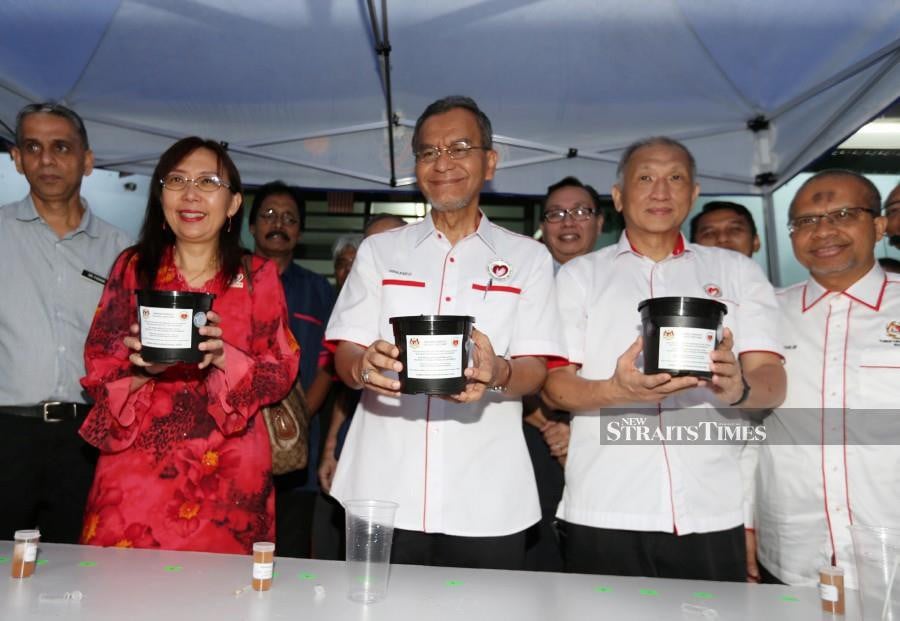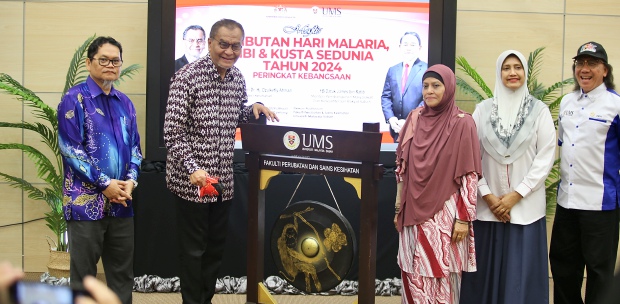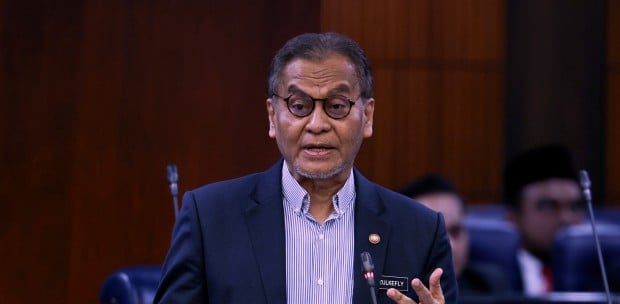KUALA LUMPUR: There is a new sheriff in town and his name is Wolbachia, an important new ally in the nation’s fight against the dreaded mosquito-borne dengue.
This follows the release of Aedes mosquitoes injected with the Wolbachia bacteria at 11 locations in Kuala Lumpur, Putrajaya and Selangor.
“Malaysia is the second in the world after Australia to use this approach,” said Health Minister Datuk Seri Dr Dzulkefly Ahmad.
The move comes following a pilot project in 2017 that was carried out in eight locations in Selangor.
The outcome saw a reduction of between 50 per cent and 80 per cent of dengue cases in the respective areas.
Dr Dzulkefly said the bio-control strategy would reduce dependence on the use of pesticide, the traditional manner undertaken to manage the mosquito population.
Wolbachia exists in 60 per cent of the insects. When the male Wolbachia-infected mosquitoes mate with female Aedes mosquitoes, they will produce eggs which will not hatch. This in turn reduces the number of the insects.
The Wolbachia bacteria do not pose any danger to humans, animals or the environment.
“This is the ministry’s innovative approach to curb the dengue problem,” he said after releasing the Wolbachia-infected mosquitoes at Apartment Sri Rakyat in Bukit Jalil this morning.
Dr Dzulkefly revealed that there was a 92.4 per cent increase in dengue cases nationwide in the first six months of this year.
“There were 62,421 dengue cases between Jan 1 and June 29 this year with 93 deaths compared to 32,435 cases with 53 deaths in the same period last year,” he said.
He explained that for the first phase of the project, the ministry would focus on the two high dengue zones located in Kuala Lumpur and Putrajaya.
It would monitor the progress until it is satisfied before continuing to the second phase, which is to expand it to rest of the country.
The Health Ministry was expected to extend the programme to other states in September.





